Socio-Cultural Impacts of Tourism: Natural History Museum, London
VerifiedAdded on 2023/06/11
|17
|973
|486
Presentation
AI Summary
This presentation delves into the socio-cultural aspects of tourism, focusing on the Natural History Museum in London. It employs social exchange theory and Doxey's Irridex model to analyze the perceptions and impacts of tourism on the local community and the museum itself. The presentation highlights how the museum adapts to accommodate tourists while considering the potential economic and social benefits, such as providing virtual tourism facilities. It emphasizes that a rational exchange between tourists and the host community, leading to satisfactory benefits for both, is crucial for sustainable tourism. The analysis concludes that understanding the socio-cultural dynamics is essential for managing tourism effectively and that social exchange theory provides a valuable framework for assessing the perception of tourism's social and cultural impact.
1 out of 17

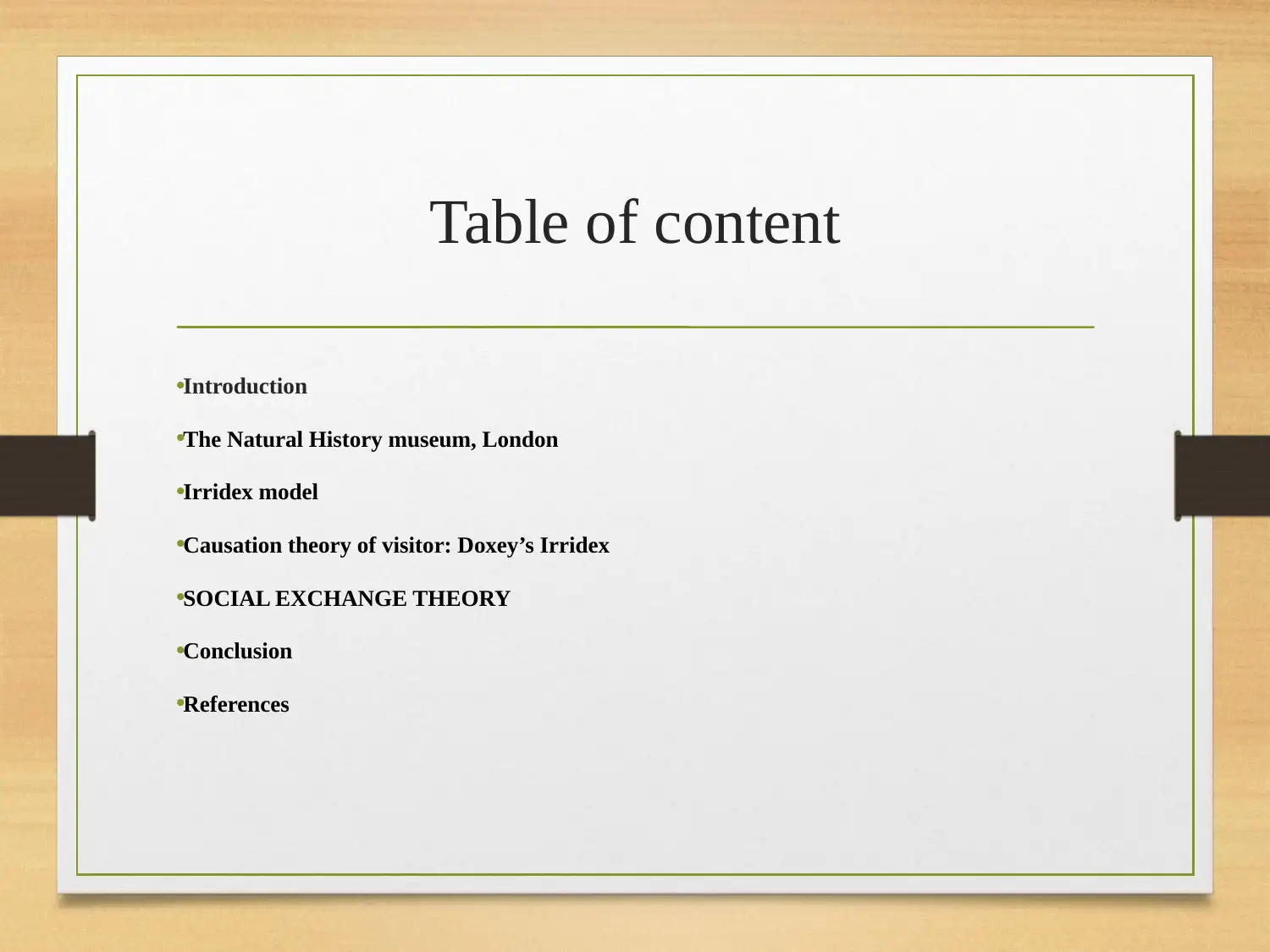
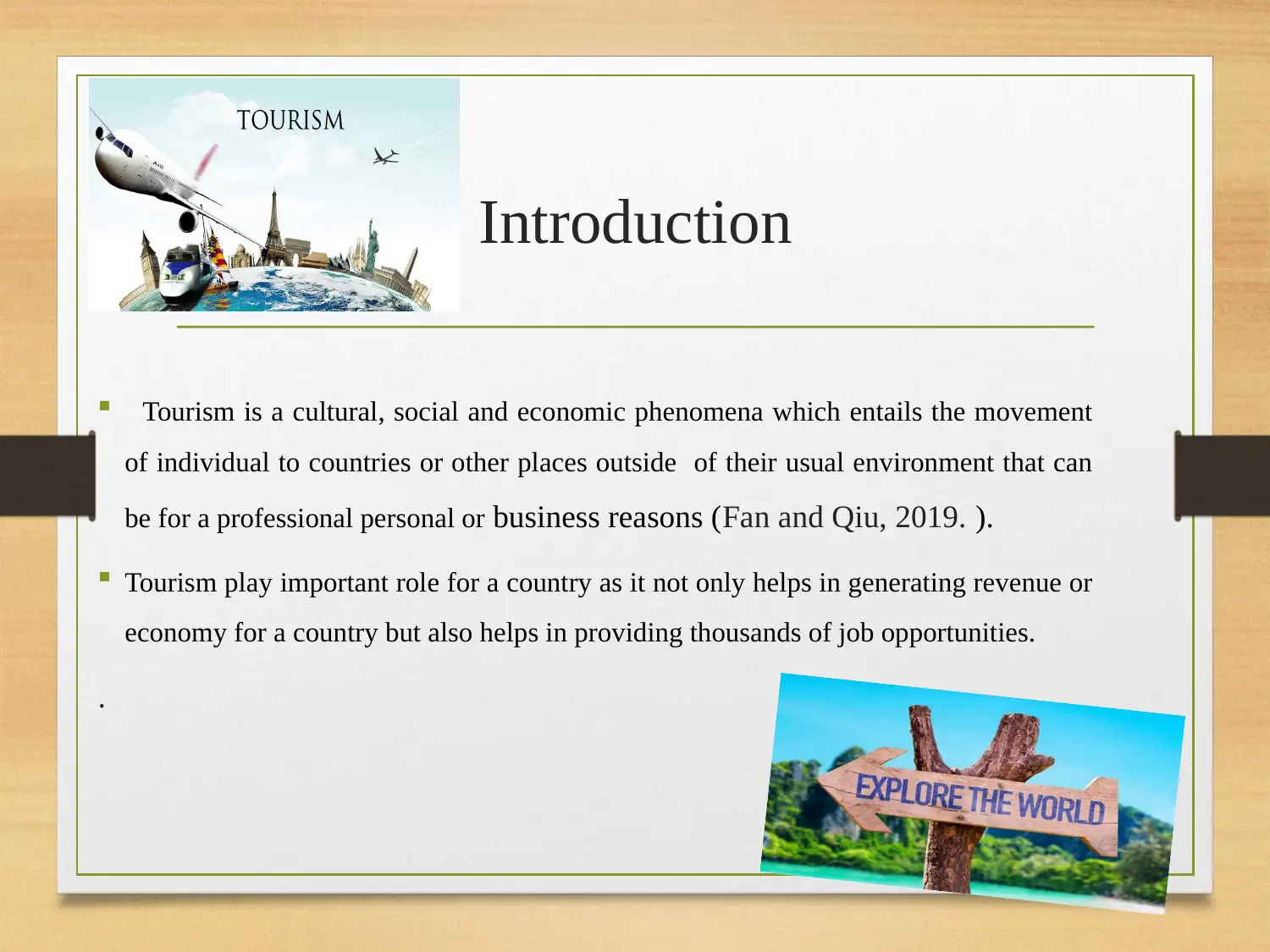

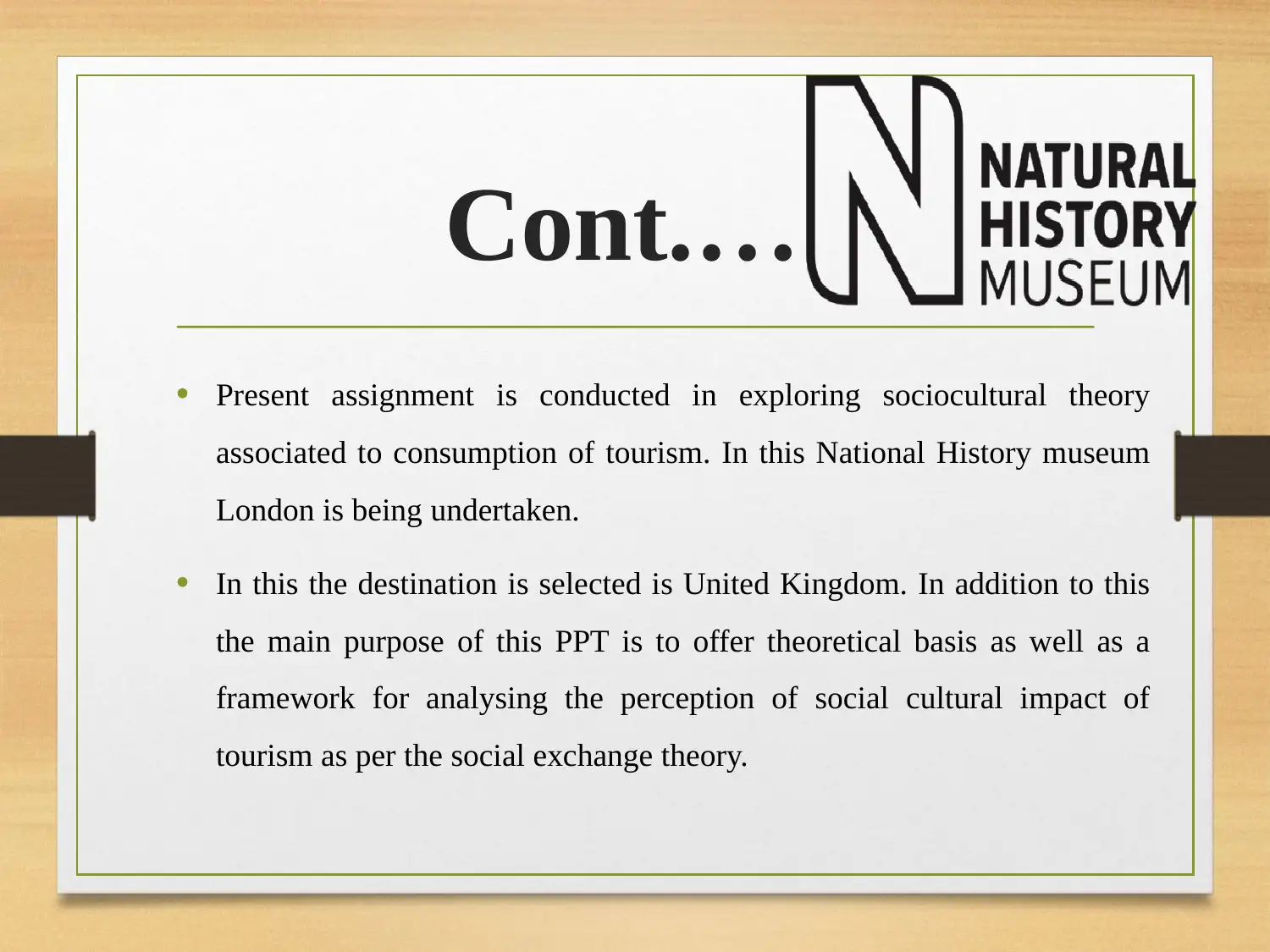
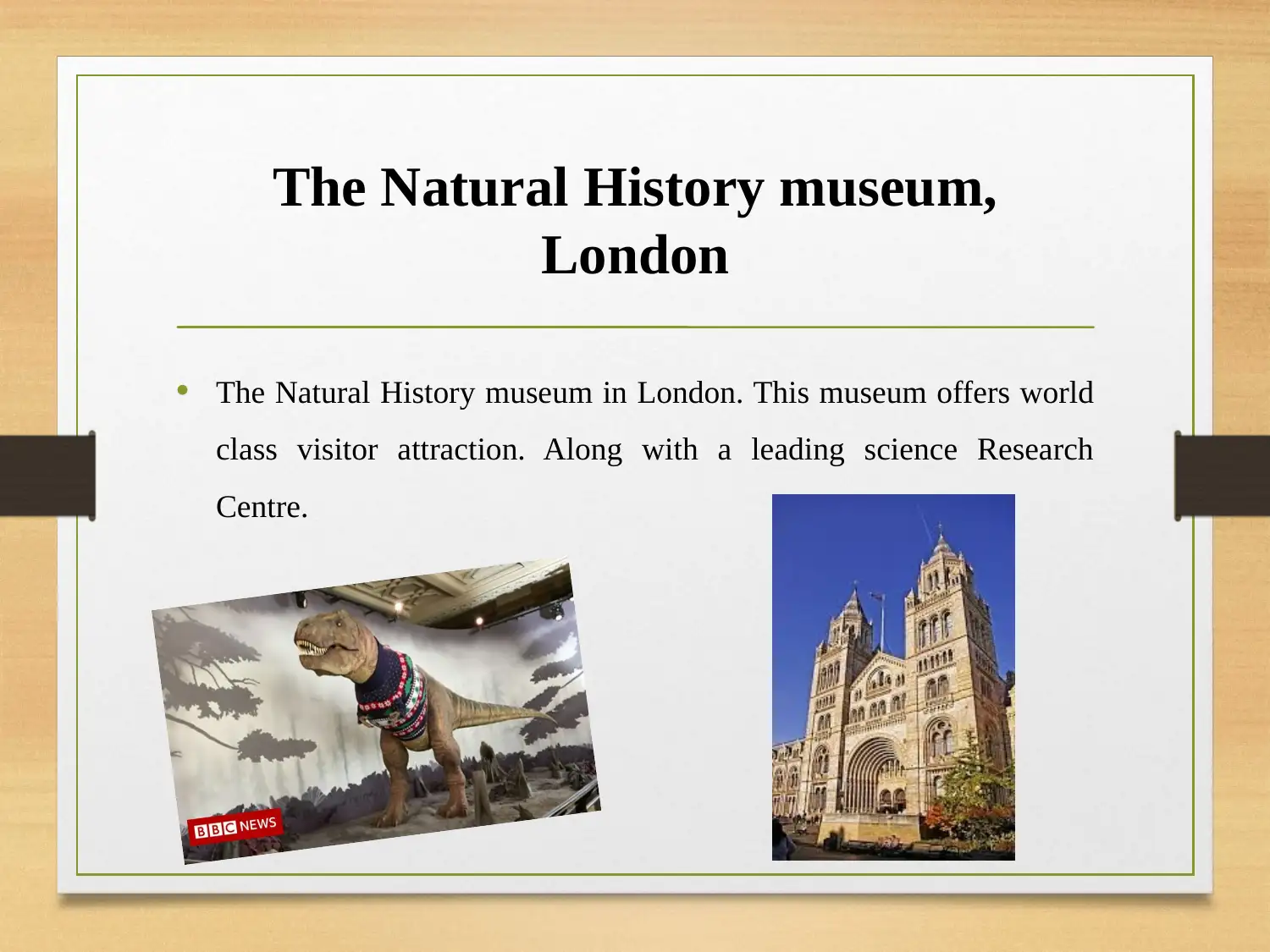
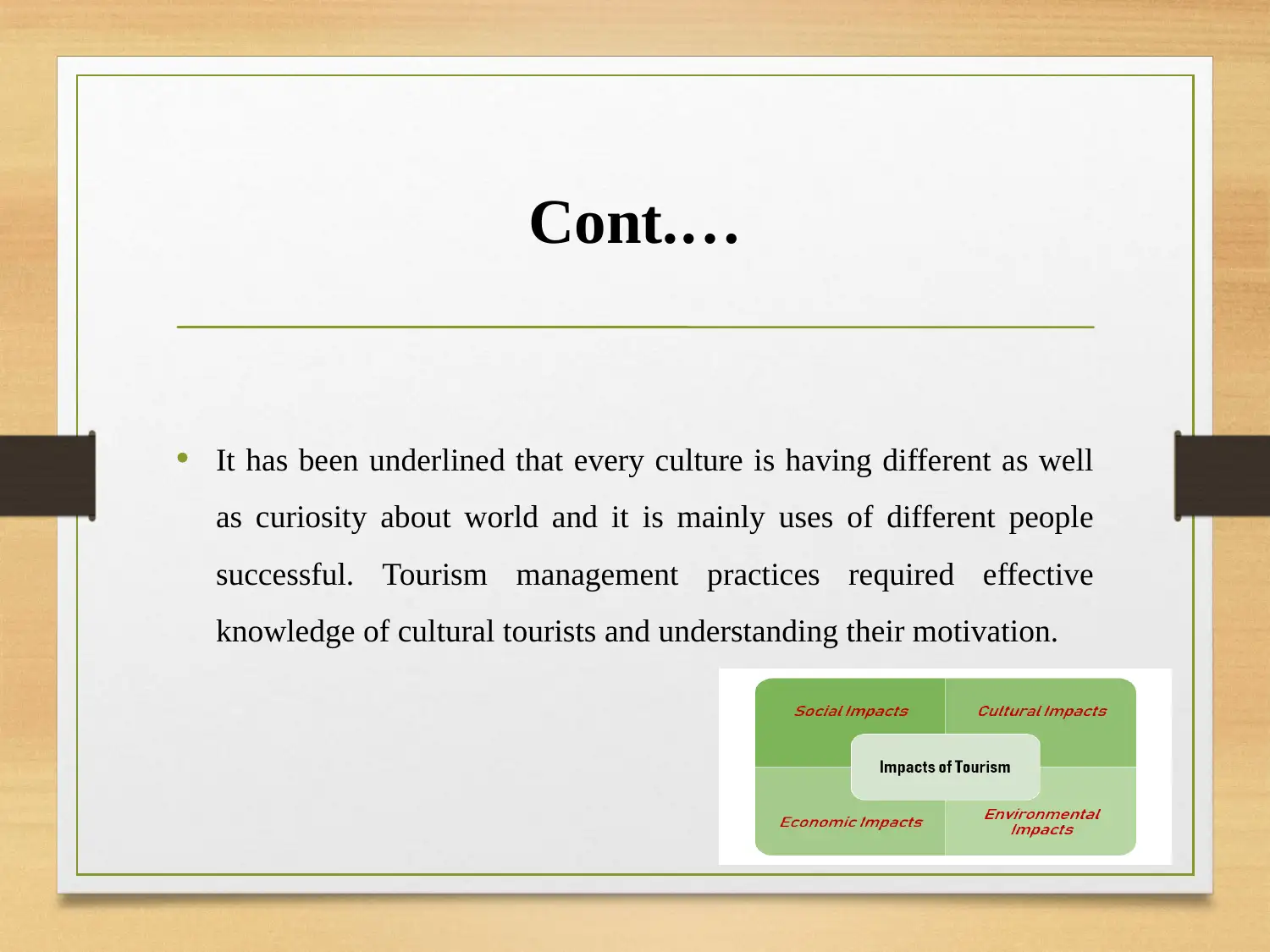
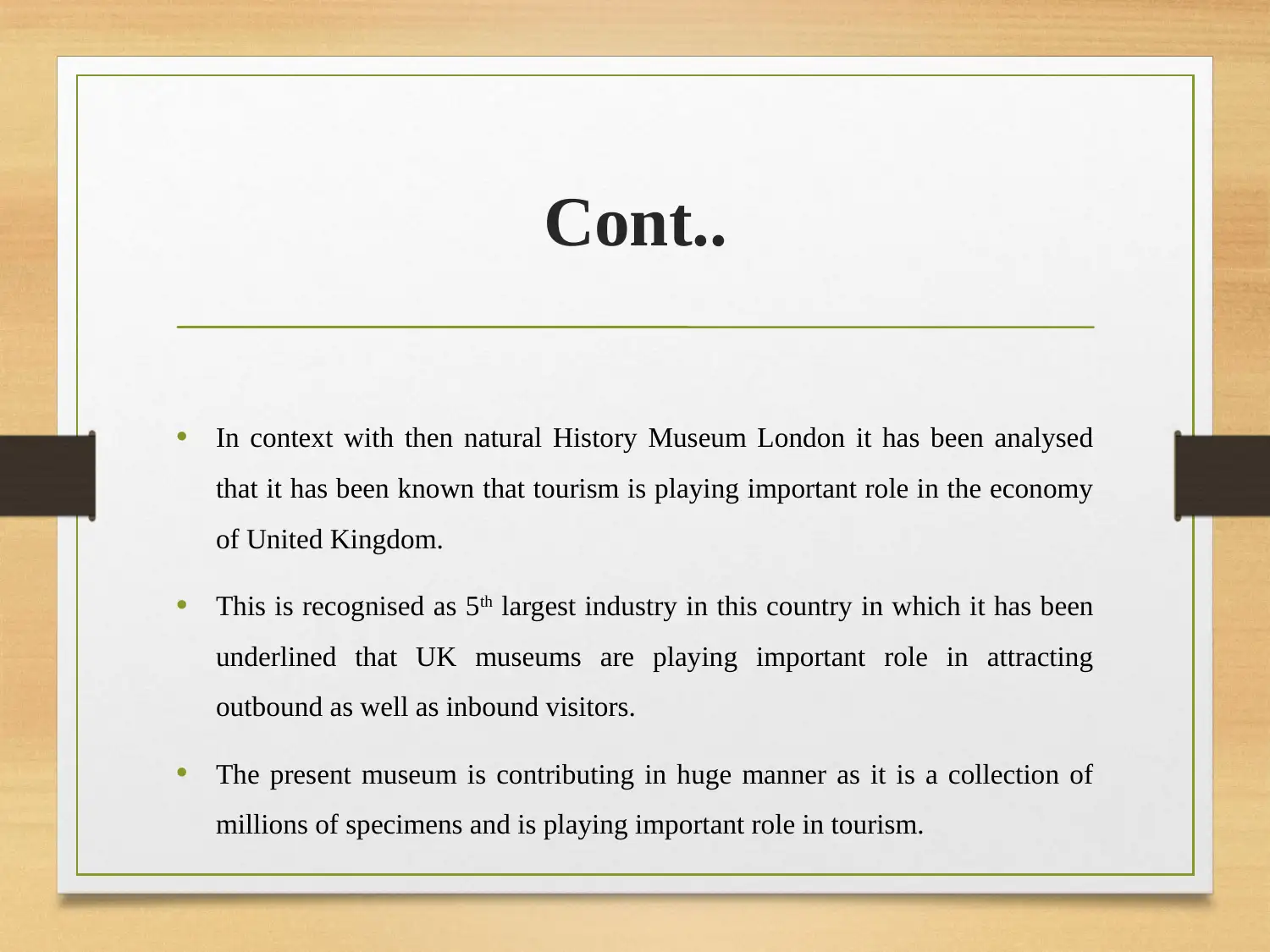
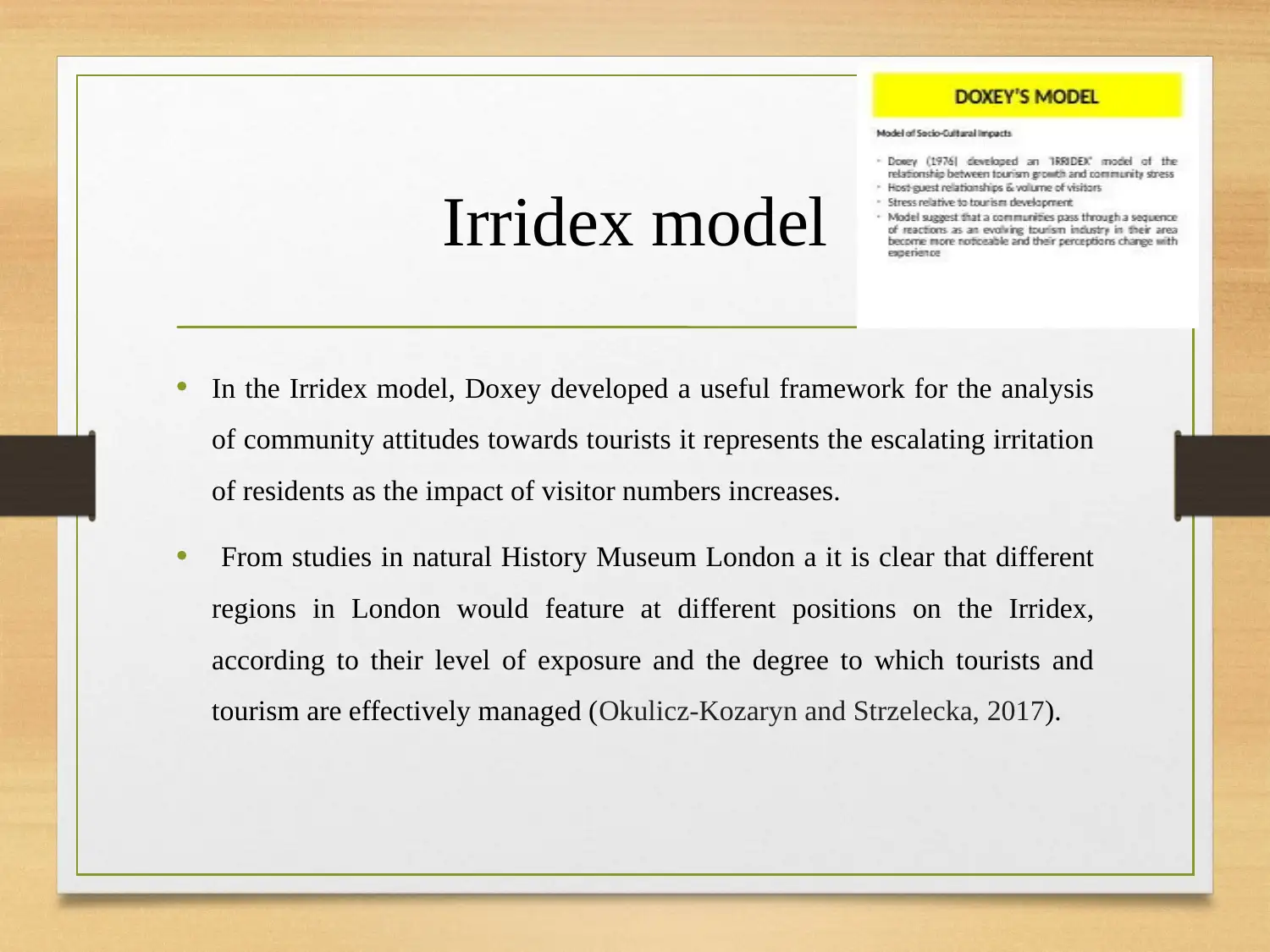
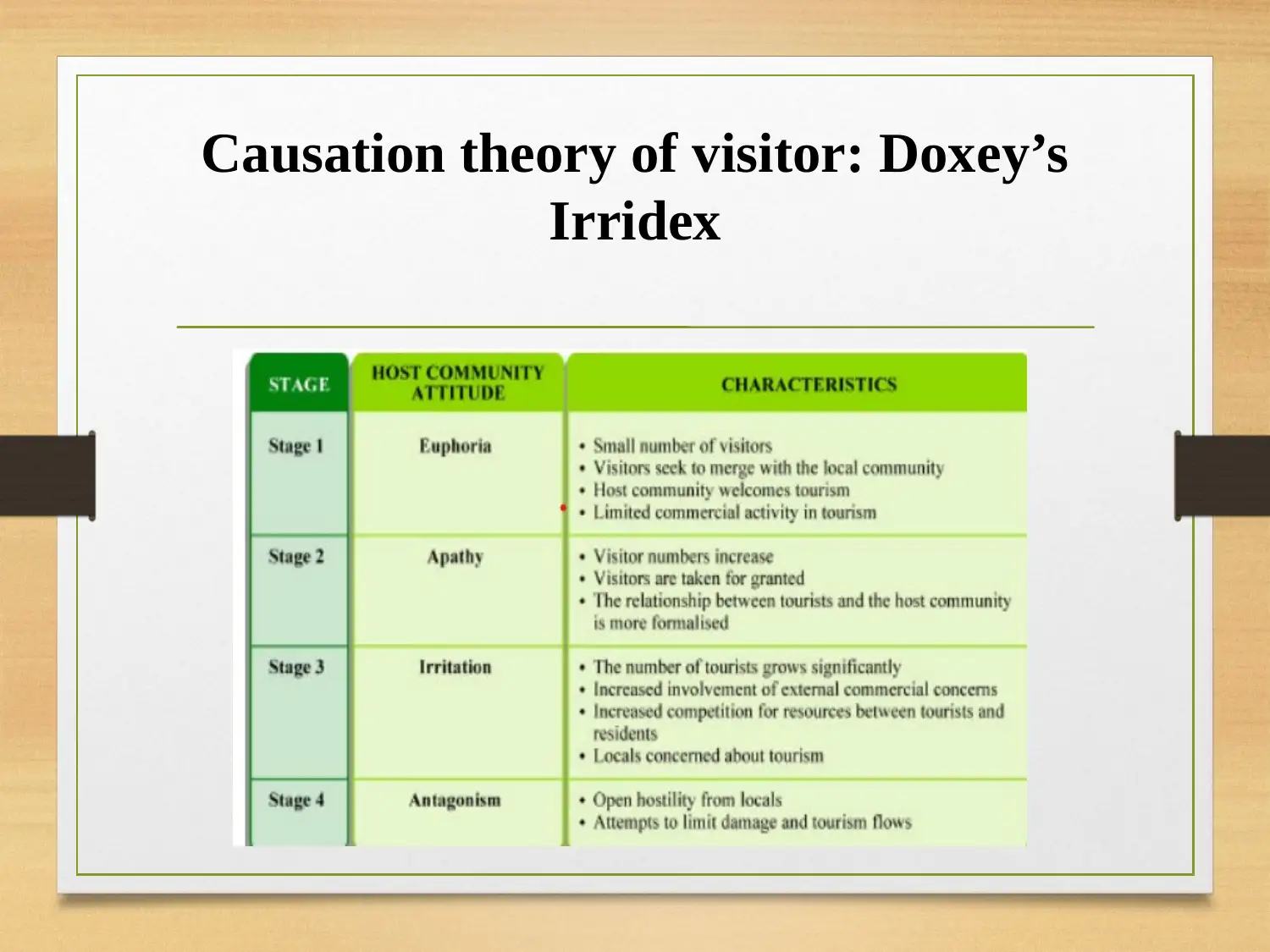
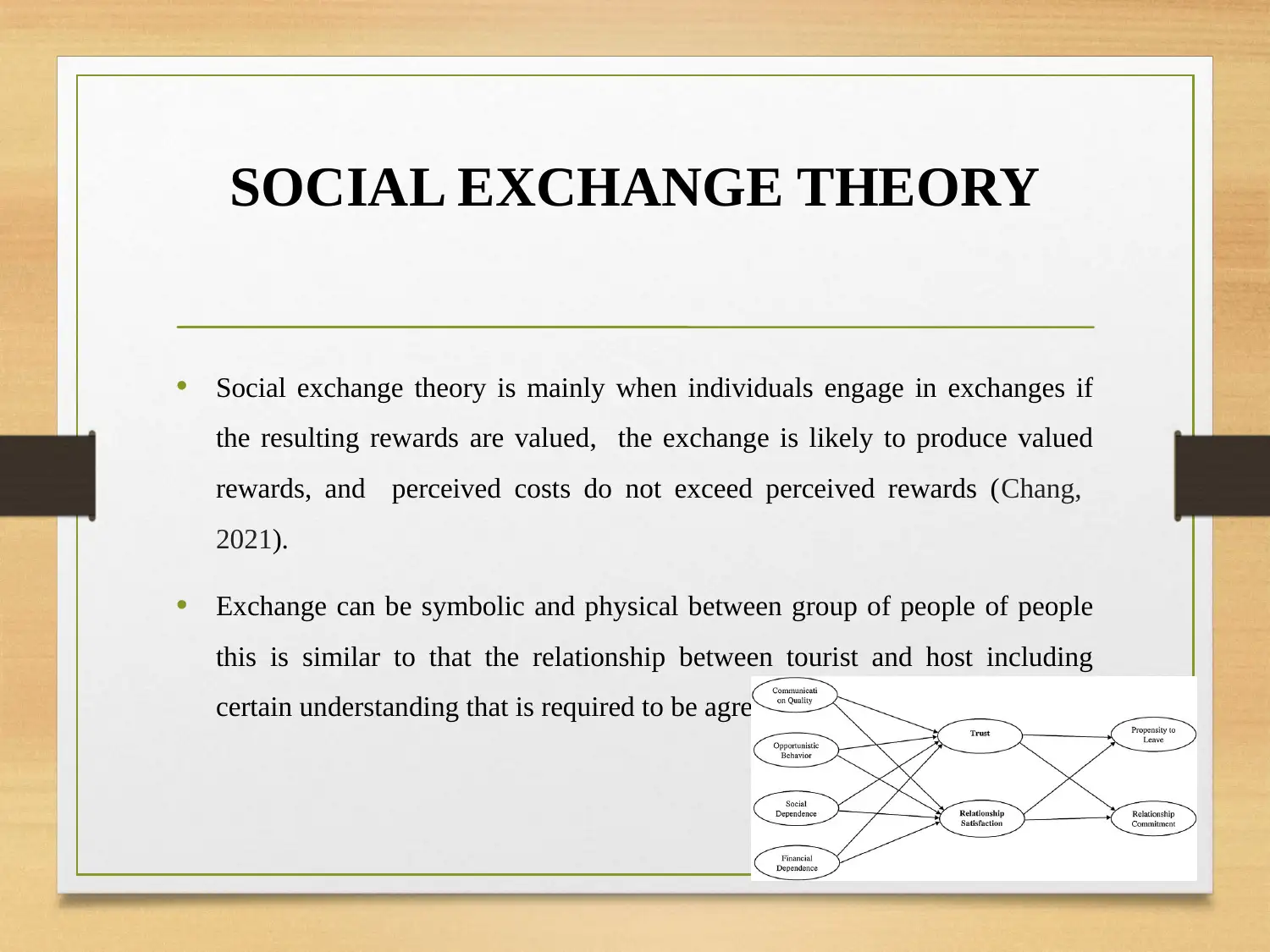
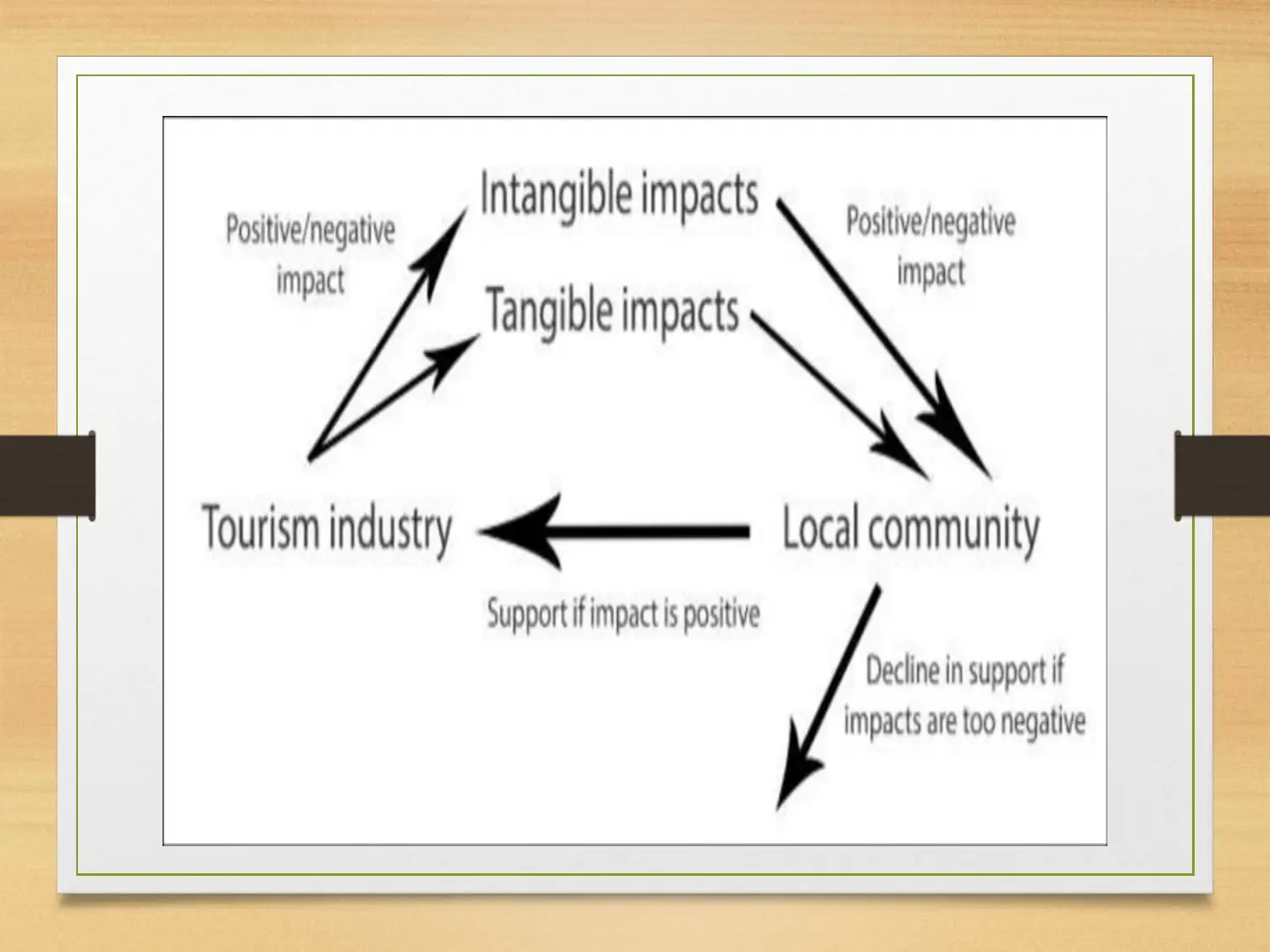
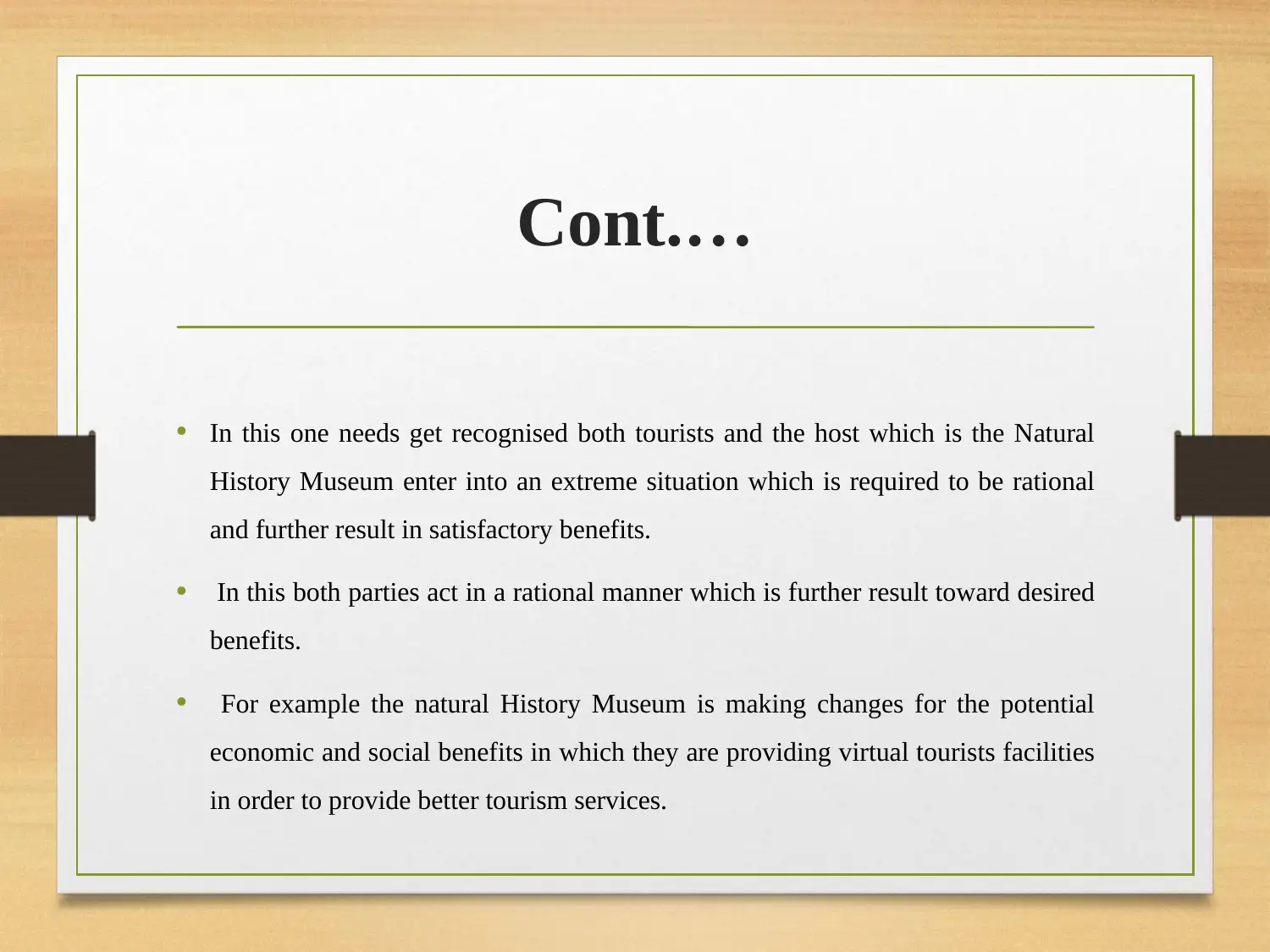





![[object Object]](/_next/static/media/star-bottom.7253800d.svg)